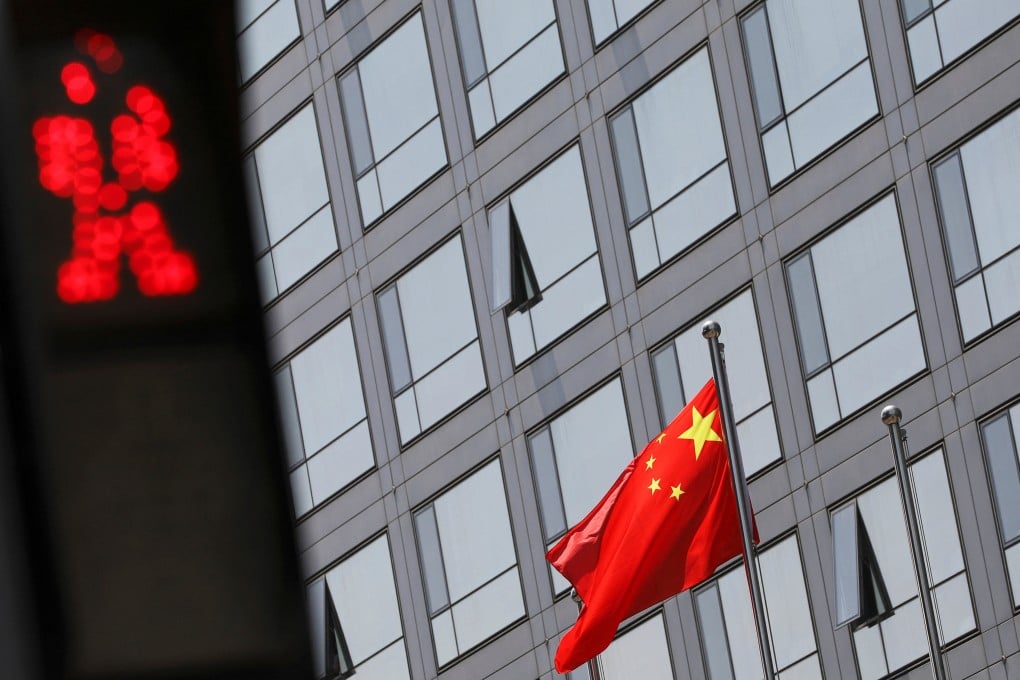China to enforce up to 10-year ban on ex-regulators investing in new stock offerings
The change is part of a wider crackdown on corruption to bolster flagging investor confidence in China’s US$8 trillion stock market

China has tightened rules on how long employees who leave the stock-market regulator must wait before investing in new share offerings, as part of a heightened anti-corruption campaign.
The prohibition for those holding mid-level positions will be extended to five years from three, while that for general staff will increase to four years from two, it said. The rule was published after a two-week public comment period in April and May, and will take effect next month.
The change is part of a wider crackdown on corruption in the financial industry to bolster flagging investor confidence in China’s US$8 trillion stock market. The scrutiny has led to investigations of a slew of senior officials from the Shanghai Stock Exchange and the CSRC’s branches.
“The CSRC will strictly implement the rule on the departing staff, continue to perform gatekeeping and strengthen co-ordination with the discipline inspection departments,” the regulator said in the statement. “Anyone will be handed over to the relevant departments if clues lead to violation of law and rule, to maintain a fair and open order on the oversight of stock offerings.”
